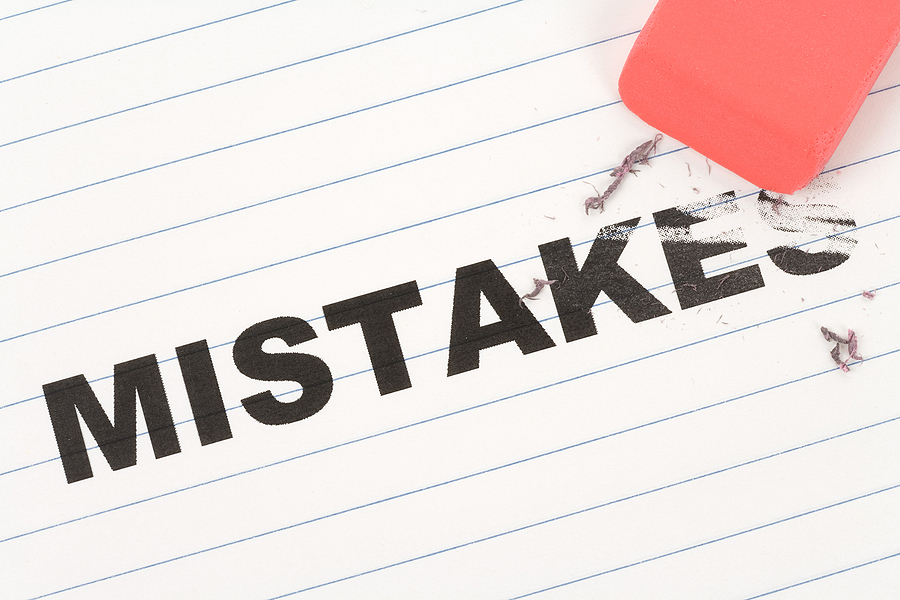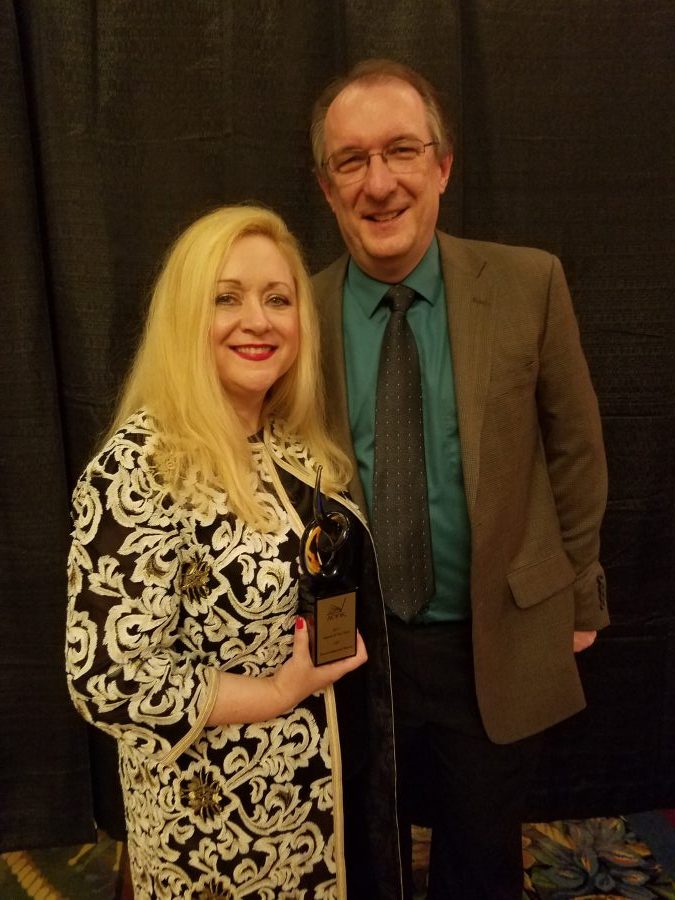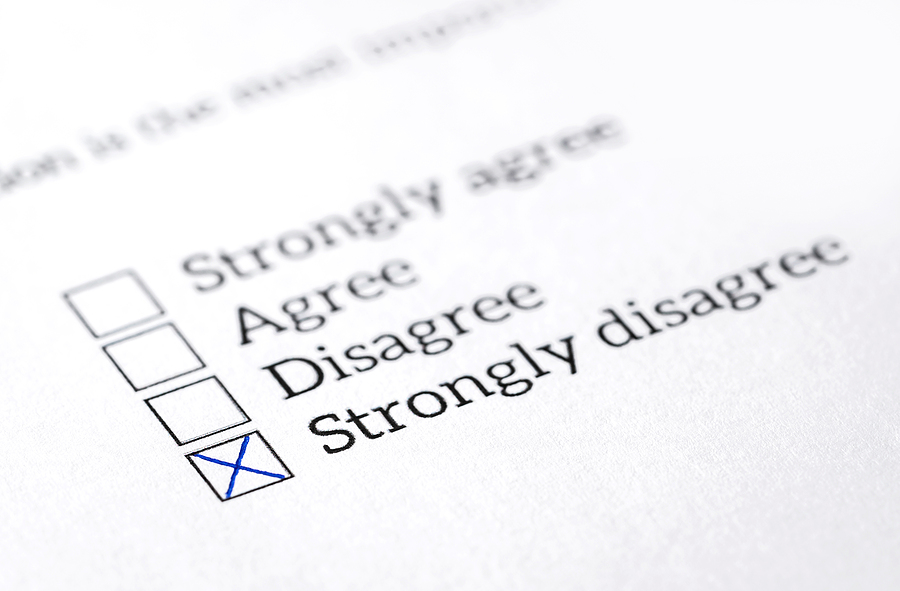Awhile back, an author asked if the editor will catch and correct inaccuracies.
The best answer is no. Or a maybe.
Fact-checking isn’t necessarily an editor’s job. Editing is their job. No author has a right to expect an editor to know every detail about every topic to make a story or nonfiction book accurate.
For example, did you know that today is (among other celebrations) Thank You for Libraries Day? (See April 21 Holidays and Observances, Events, History, Recipe & More! (holidays-and-observances.com.)
A writer mentioning the day as falling on April 22 instead of April 21 should not expect any editor to catch this error. Granted, since most books go through several editors, a writer may happen upon at least one editor curious enough to check this out (ha ha). However, no writer should count on an editor to correct mistakes.
At least one reader may catch the writer’s error, and the writer is sure to hear about it. The editor may or may not be forgiving. They’ll be coping with the extra work of responding to an inaccuracy instead of reading glowing reviews about the book. Dozens of factual errors may add to the editor’s degree of aggravation, and they may decide not to contract with that writer again.
So why don’t publishers help the writer out by hiring fact-checkers? Here is a brief article from Psychology Today to demonstrate the work involved: Why Publishers Don’t Fact-Check Books | Psychology Today
Bottom line? A writer who isn’t an expert on a topic needs to become an authority before crafting a book on the subject. Knowledge is only one part of the author’s job.



 Ten Years!
Ten Years!

To employ a popular cliché of our day, we are all supposed to “stay in our lane,” and fact-checking is not in the editing lane. That’s the fact-checker’s lane. I try to give great care to getting my facts right, and sourcing all references in endnotes. I am luckier than most in that I have a sister who enjoys checking all of my references for accuracy. It is too easy to cite the wrong verse or to attribute it to the wrong version of the Bible. She checks every web URL and even recently purchased a 1978 printing of the New International Version just to validate my work.
Editors edit. Fact-checkers check facts.
Great information to keep in mind.
Ultimately, I personally think it’s up to the author to make sure the information written is accurate for his/her credibility as well. I certainly would think twice about reading something from someone whose information was known to be questionable/sloppy.
Valuable warning, Tamela! Damon won’t think I “stay in my lane,” but I’m a consultant/editor who also does fact checking. I’m always surprised and disappointed to find inaccurate statements or Bible verses cited as support for an assertion that have nothing to do with the topic. Typo? Different translation? Carelessness? The reason won’t matter to a reader of the published book if the error didn’t get noticed and corrected: the author’s credibility will be damaged or lost.
Tongue firmly in cheek (and no disrespect intended to George Washington), but after a night of fever-dreams, my brain’s whacked, and the sonnet below shows it.
I mean, when I awoke I was convinced that Barb had gone down to the animal shelter, and had adopted Cerberus…
I wrote a book ’bout our first Prez,
a-centered on his youth,
but something deep inside me says
I may have stretched the truth.
I wonder if the edit-side
will maybe catch my error,
or perhaps will let it slide
that I called him holy terror,
not cutting down the tree of cherries,
but phaser-ing tree of figs;
that he was fond of making merry
in wildly muticoloured wigs,
and that the founder of our nation
was Boy George’s inspiration.
I will always be grateful to my first editor at Harvest House, the late Paul Higdon, who gently took me to task regarding my use of quotations.
Without much fact checking and careful consideration, I ended each of the 52 chapters in my first book for dads with a nice quote. It turns out several were misattributed and a couple were from writers who were just bad dudes with messed up theologies.
Since then, I’ve been much more careful and I pass that warning on to other writers. Sometimes–gasp!–the internet provides false information.
Thanks again, Paul. I know with confidence you are hanging out with Jesus.
So much wisdom in this article. Thank you for sharing, Tamela!
Thanks for the reminder! I find myself researching all sorts of weird information for stories, like when will the strawberry moon fall five years in the future and how fast does a body decompose in a tropical climate vs. a temperate one. But those bits of true fact add so much, even when the story is made up!
If you need a scientific study on how fast a human body cools down after death, I can provide a copy. After a Genesis judge pointed out that I assumed a body cooled too fast (SO thankful whoever that was knew that and told me), I did some research.
I didn’t research how fast a body cools myself. I’m not THAT fanatical about researching for my books. I found a research paper from the 1950s.
Thanks for this post. Currently I have a WIP that includes several quotes. I have wondered what to do with the ones from people whose theology was somewhat off-base. I think I have my answer now.
As an editor myself, and a would-be know-it-all, I do try to check facts for my clients. This is for my own vanity, however, because I wouldn’t want my name on a book full of booboos.
However, even would-be know-it-alls have limits. I may get so busy looking for backing on one obscure fact that I blatantly miss something else, even if it’s right in front of my face and wearing neon panty hose.
So trust us to try our best for you, but we can’t catch everything. Even would-be know-it-alls are only human…
“Would-be-know-it-all.” hahahahaha In a couple of my social media profiles, I call myself a “recovering know-it-all.”
We are sort of showing how much we’ve grown up when we admit we DON’T know it all. As they say in the closing remarks of some AA meetings, “Everyone has a right to his opinion, but no one should be wrong in the facts.”
True for historical fiction writers as well as for nonfiction. But doing the research to get things right is a big part of the fun of writing for me.
I got so deep into researching Roman culture to be able to write my first novel that I decided to create a Roman history website for teachers and students about daily life in the Roman Empire (PG-13 or cleaner, of course). As an unpublished author, it seemed like a good approach to author platform since I couldn’t see why anyone would be interested in following me. I actually got the idea to do that from this blog back in 2016. (THANK YOU to whoever suggested that. It might have been you, Tamela.) The funny thing is several of the articles got popular in the searches, and that’s why I have good international readership.
You never know what good will come of becoming as expert as you can about what you write.
Thanks so much for sharing this information, Tamela. Very insightful, as always!
But copy editors do, not that every publisher employs them. Evidently you’re speaking specifically to fiction?
Lois, I am not speaking only to fiction. Nonfiction writers are expected to be accurate as well.
Another very helpful post. I continue to be amazed at the complexities of the writing/publishing world. Thank you for sharing your expertise with us.
Thanks for the good reminder, Tamela. I’ve done a lot of research for my historical novel, and still don’t feel like an expert. But I’m keeping at it. I know both the author’s and the editor’s credibility are at stake if the historical information is incorrect. My responsibility to be sure it’s correct!